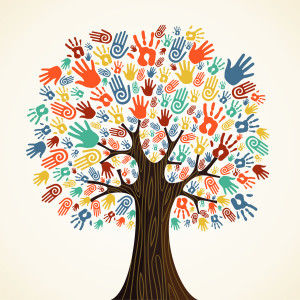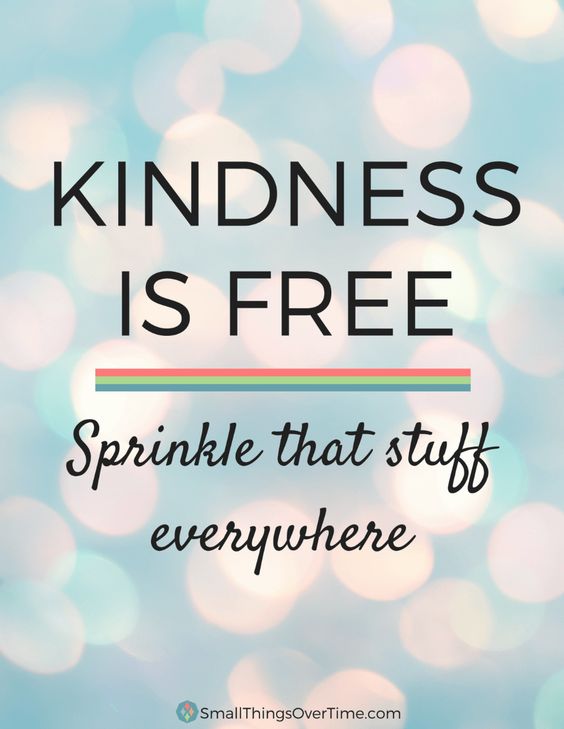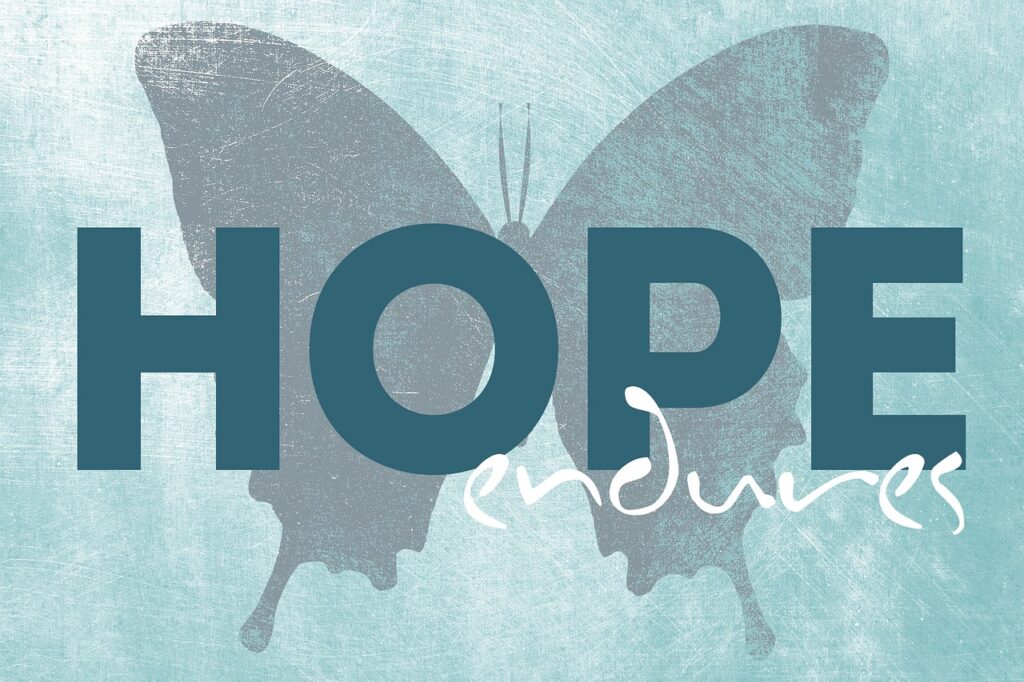
Has Covid-19 left you frustrated and disappointed? Have there been caregiving, family, or other gatherings that you have not been able to take part in, leaving you with the scene of frustration and disappointment? Frustration and disappointments are an inherent part of caregiving, yet Covid-19 has added new aspects of frustration and disappointment, too often involving lack of caregiving support and companionship.
Daily Caregiving
Daily caregiving has its own challenges that bring frustration and challenges on a regular basis. No matter what ails your loved one, there are good days, and the not-so-good days. Providing and responding to physical care and mental status changes of our loved ones is exhausting. Coupled with the inability to take time for our own personal wellbeing, and recharging, leaves us vulnerable to increased feeling of isolation, disappointment and frustration.
Those around us are wearing masks and other protective items, they can no longer give us a hug and we cannot see their comforting facial expressions. Technology connects us to the outside world, yet at times it misses the mark. Not everyone has access to, or is comfortable with the computer. Software like FaceTime, Skype, and Zoom can help bridge the human interaction gap. However, some individuals are expressing the sense of being “over Zoomed” and find it more stressful to having to “look good” for the other call participants.
Caregiving Challenges
Physical distancing and protective measures resulted in many caregivers having less personal and emotional support for their loved ones. For those living in senior communities, guidelines prevented family member and some paid caregivers from providing assistance. The lack of housekeeping assistance, visits from friends and family also contribute to the sense of isolation. Every caregiver has a story to tell; even in the “normal” times, they found some friends and family became more distant when the loved one’s condition was declining. These feeling for many have been significantly intensified over the last several months.
Disappointed
It is so easy to focus on all that is not going well; the decline of the loved one, the inability to obtain physical caregiving support, not going out to partake in those activities that brought us joy and recharged us. Everyone has had an event that they could not partake in, a funeral, cancelled wedding, anniversary or birthday party, or a celebration of new life that has been put on hold. No doubt the inability to take part in a much anticipated life-cycle event has resulted in sadness. Take a few minutes to grieve those losses, and focus on recharging. No one could have imagined the current state of affairs.
Human Contact
While we are physically distanced from friends and family, we need to make every effort not to be isolated. Are you hungry for human contact? Individuals are social beings, and there is an innate desire for socialization. For caregivers, the need for the additional physical caregiving support and assistance is vital. The need for caregiving assistance and support is more than a quest for sociability.

What to Do?
Given that so much is out of our control, keep your expectations realistic. You can only control yourself. During times of stress, uncertainty, and change, others may act or say things that may be hurtful or disconcerting. This is the time to “give them a break.” Each of us responds to uncertainty in our own way based on our individual experiences and culture. Take a mini mental-break from caregiving responsibilities to focus on YOU!
- Continue physical distancing and taking appropriate precautions
- Try to “connect” in a way that is comforting while being physically distanced
- Do something nice for yourself – consider this the “rainy day”
- Utilize the good china
- Wear something special, just because
- Read a book or listen to music
- Use the fancy soap, or other special cosmetic/after shave that you have been saving
- Destress – consider utilizing a stress reduction app
- Dig into a task that you have been putting off – purging a drawer or file
- Journal
- Express your frustration about your current reality
- Focus on what you have to be grateful for. Document the beauty you see through your window, the random acts of kindness that have been expressed to you. Reflect on happy memories and document them so you can reflect back on them when your mood is dark
- What are you hoping for? What is on your future wish list?
- Create a list, a vision board with pictures – keep focused on the future
- List the people you want to get together with in person – create that visual
- Start to think about how you would like to do when physical distancing guidelines are lifted
- How do you want to “celebrate”?
- What would be meaningful to you?
- Do something special for someone else
- Make a call
- Send a card
- Send a gift that would have meaning for the recipient
- Make a donation to a cause that has meaning to you
This Will Pass
A new normal is on the horizon, things will be different. Yet, there will be opportunities to get back to the things that brought you joy. Think how you will enjoy the many new firsts; getting your haircut, having your nails done, eating out with friends, having additional caregiving support, being able to go to the store and pick out the items you want and not have them picked for you.

Resources
Destress-Stress Management Apps

